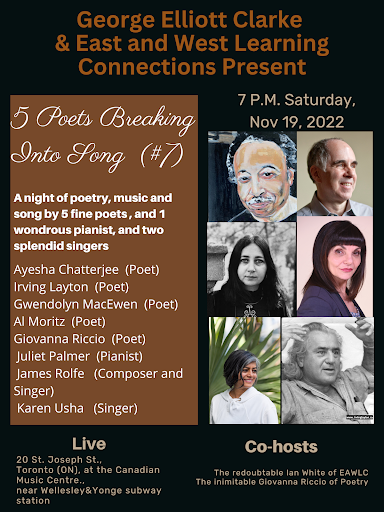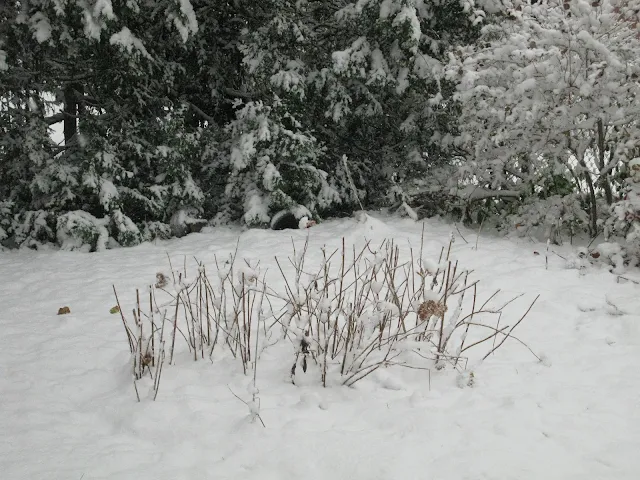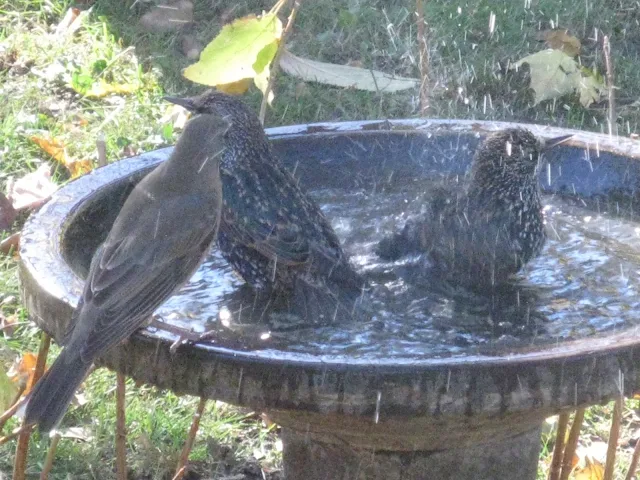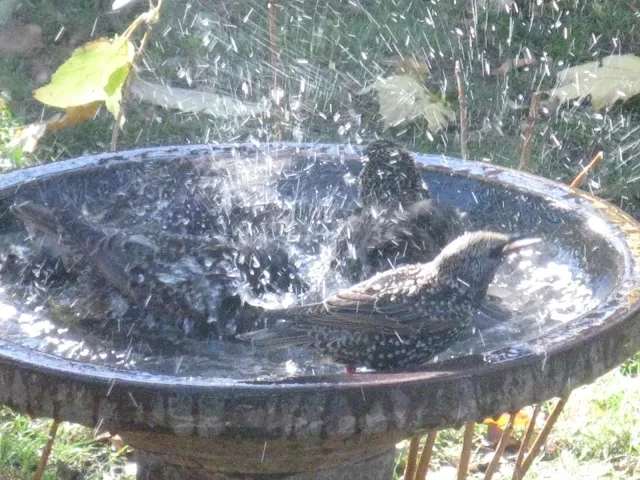.JPG)
Whatever we change, we change at the loss of something else, and not every change is for the better. Some things that we change we may have originally considered reforms, and they end up making life worse, or more complicated, or destroy institutions that have supported society for centuries. Not much thought is given to how change will affect us, what we are giving up, what we are replacing, or what we have lost. We are a society that believes in change for its own sake, that everything new is better than what is old, and people cheer for change as though all change is wonderful. What people are cheering for now may be what people will regret in the future.
The reason we adopted the metric system is that it was presumed it would make us more economically competitive with other nations, for instance the European Union. Of course, the young accept the metric system, it's all they have ever known for measuring and weighing things, and it is taught in schools. Others among us have never wholeheartedly accepted metrification; fruit and vegetables in grocery stores are weighed in both metric and the imperial system, in ounces and pounds, and measurement for building construction material is still in the imperial system, we buy a sheet of plywood that is eight feet by four feet, a two by four is measured in inches, and so on. Measure twice, cut once, is the carpenter's rule; and it is still done in inches and feet.
Metrification meant giving up an aspect of our both collective inheritance and the use of words that pertain to measurement. But we didn't care, we accepted something that displaced centuries of our history, our way of life, and our language. Metrification moved us further from what is specific and historical, the Avoirdupois system, and into what was conceived in conferences and has very little connection to the everyday life of everyday people. My concern here is not which is the better system of weights and measurement, it the loss of language, history, and our way of life; of course, we can't go back, that will never happen.
The Imperial system is derived from the Avoirdupois system which originated eight hundred years ago, certain words are from Old English, the Romans, and earlier civilizations. An "inch" is 1/36th of a yard, from the Old English "ince" or "ynce"', and it is 1/12th of a foot. A "foot" is from the Old English, it is a linear measurement of a man's foot measured as twelve inches. A "yard" is the length of a man's belt but also calculated by King Henry I as the distance from his nose to the thumb of his outstretched hand, it is 36 inches in length. While a "furlong", a word still used in horse racing, is the length of the average plowed furor, it is 660 feet long. A "mile" is from the Romans and calculated as 5,280 feet; a "country mile" refers to travelling over difficult terrain over a long distance since it is not a straight line.
Meanwhile, the metric system dates back to around the time of the French Revolution, to 1795 and 1799, replacing other systems of measurement. The metre was determined by dimensions of the Earth; the kilogram or unit of mass was based on the volume of the litre. It was not long before France and then the rest of Europe had adopted the metric system. This system of measurement is a child of conferences, both the Treaty of the Metre (1875) and the Conférence générale des poids et mesures continued to invent and increase divisions of the material world according to the metric system.
If our previous system of measurement is ancestral and originated in a pre-industrial rural society, then the metric system is fairly recent, originating in cities, by intellectuals and academics, and based in measurement for science, business, and urban dwellers; it is not a system of measurement with a relationship with the natural world, with the earth, or with anything to do with forests, rivers, wild life, oceans, fish, coast lines, farming, small towns, hunting, and so on. Perhaps most urban dwellers don't care about forests, rivers, wild life, oceans, fish, coast lines, farming, small towns, hunting, and so on. The metric system does not spring from the earth that we walk on or from our ancestors or a belief in the importance of place or where we live; its origin is an abstract invented system of measurement.
How do we define what it means to be a human being and does this definition include a soul? The soul does not resonate to the metric system, the soul demands specificity, place, tradition, and history; the soul includes forests, rivers, wild life, oceans, fish, coast lines, farming, small towns, hunting, and so on. The metric system was imposed on us as so much else has been imposed on us; what is being imposed on us moves us away from tradition, our ancestors, and the ground on which we walk. The metric system does not spring from place, or from our ancestral and historical place.
Of course, after the fact this refers to what one becomes familiar with, and you can become used to anything. Metric displaced pounds, ounces, and Fahrenheit, it displaced what our ancestors knew and lived with, and it displaced words that were used every day by average people going about their lives. We can't go back to the old system but we should remember that change is not always for the best, that what changes displaces what we already have, and in retrospect what we already have may not be all that bad. Today's society is beginning to look very different from what we had, and were happy with, even just five years ago. I am not saying that change is not needed in society, but change and the direction in which our society is now headed is not a place some of us want to go, it looks to be dominated by the State, by globalism, by the end of the family unit, and the end of our way of life. So, this is about a symptom, metrification, and no doubt it seem ridiculous, but it is a symptom of a future that is already happening.

.JPG)












































